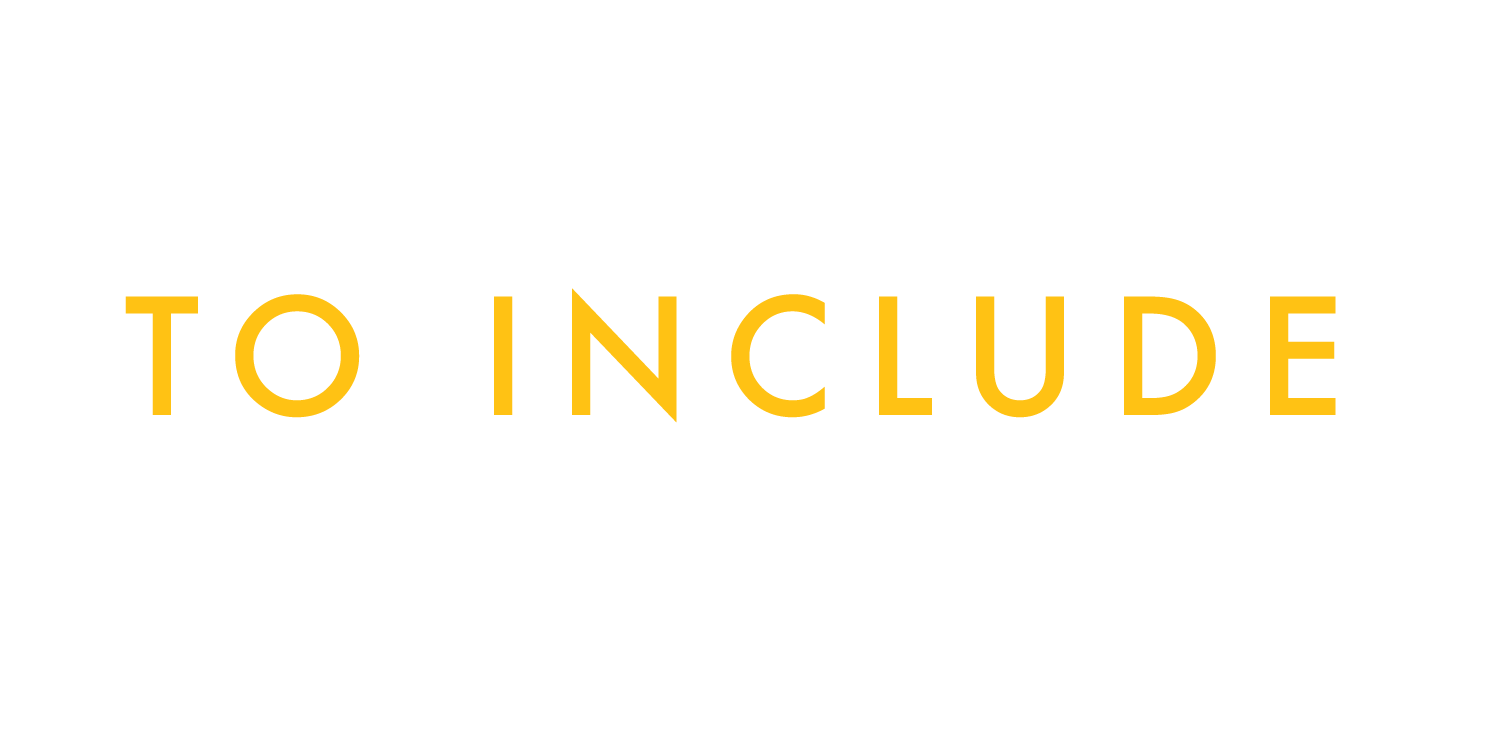As the United States emerges from a global pandemic that has decimated entire segments of the economy while confronting systemic racism and discrimination across both public and private institutions, employment social enterprise solutions addressing systemic barriers to employment are vital. Historically, workforce development programs in the United States have focused on education and skills, but they have not addressed all the barriers that impede individuals from getting and keeping jobs. These barriers include systemic racism and other forms of discrimination; lack of income or access to job opportunities, and everyday logistical challenges such as lack of reliable transportation or childcare.
Our report, Jobs for All: Employment Social Enterprise and Economic Mobility in the United States, makes the case for employment social enterprises as flexible organizations uniquely suited to contribute to economic mobility for people who have largely been excluded from the United States workforce. We suggest that an alliance of employers, policymakers, funders, and ESE leaders could change the face of work in this country by expanding innovative models of intervention that are proven to help individuals attain upward economic mobility.

We’re in an economic crisis amidst a social justice uprising and the COVID-19 pandemic. Unemployment is higher than it’s been since the Great Depression.
Jobs are scarce, especially for certain populations.

Many groups in our country are much more at risk of never finding jobs in the first place.

Employment Social Enterprise helps many populations enter the workforce, which makes our national economy and companies stronger.
But for any of this to really make a difference, corporates need to mainstream and scale these tried and true methods.

Let’s mainstream and scale what works. Here’s how:
Business: Fill your talent pipeline with employment social enterprises
Funders: Find and scale employment social enterprises
Government: Connect and contract with employment social enterprises
Let’s get everybody working.
Georgetown studied the state of unemployment for disenfranchised people to unearth what works. We are excited to share it with you.
We’ve found incredible examples of employment social enterprises that have transformed the lives of people with disabilities, formerly incarcerated individuals, immigrants, refugees, veterans, and many more. We know what works— but it needs to be scaled. We have a vision for how to do it.





